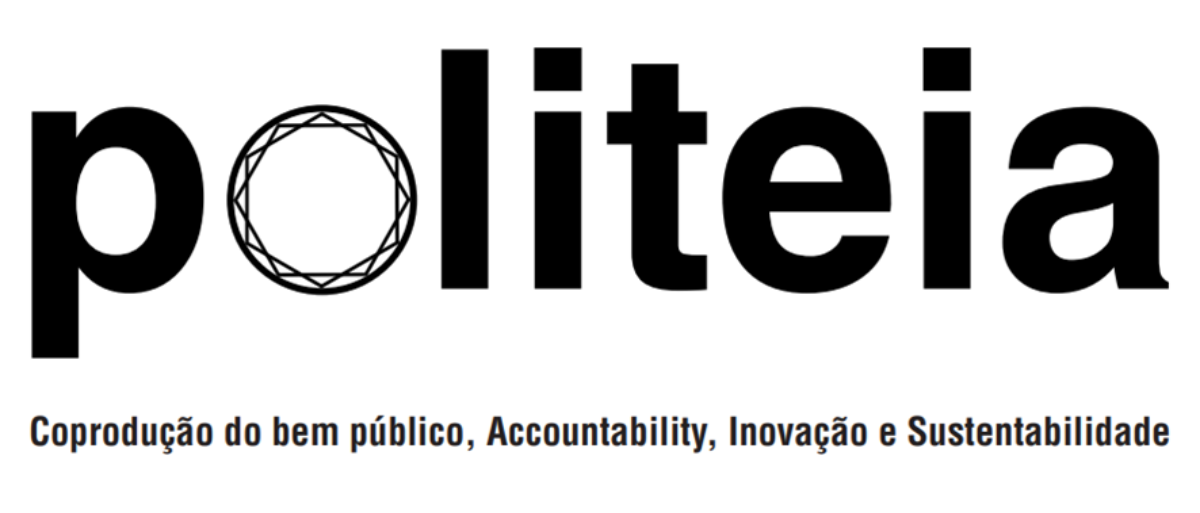Innovators are encouraged to submit innovative practices to the OECD Observatory of Public Sector Innovation (instructions in blog)
The deadline has been extended to August 28, 2016.
https://www.oecd.org/governance/observatory-public-sector-innovation/blog/page/worldgovernmentsummitcallforinnovationsdeadlineextended-august28.htm
Today, the OECD Observatory of Public Sector Innovation (OPSI) is excited to announce a new partnership with the Mohammed Bin Rashid Centre for Government Innovation for the World Government Summit to conduct a review of the ways central governments are transforming their operations and improving the lives of their people. The World Government Summit is the largest annual gathering in the world focused on shaping the future of governments through innovative practices. This February, U.S. President Barack Obama and UAE Vice President and Prime Minister His Highness Mohammed bin Rashid Al Maktoum kicked off the 2016 Summit, with a keynote speech given by OECD Secretary-General Angel Gurría. The event brought together thousands of government officials, thinkers, policy makers, and industry experts from over 100 countries to discuss ways to harness innovation and technology to solve challenges facing humanity.

- leveraging creative digital tools to better engage and co-create policies and services with residents;
- innovative/alternative financing and procurement tools that allow governments to tap into new sources of funding and deliver better results;
- implementing approaches which empower and engage the workforce, promote learning and ultimately foster innovation-oriented cultures and capabilities in public sector organisations;
- new mechanisms to help governments effectively tackle transnational issues (from international transportation networks, to transnational banking for migration remittances, to climate change and environmental hazards);
- experimental approaches to policymaking that allow for better risk management and learning by doing;
- applying design thinking and ethnographic approaches to develop solutions that producesystemic change;
- using behavioural approaches for innovative problem solving or forging new partnerships to break down barriers within and across government, civil society, and industry; and
- harnessing data—such as data from citizen science, satellites, and the internet of things—and combining it with citizens’ context-rich insights to deliver new perspectives on policy issues, promote anticipatory governance approaches, and enable real-time sensemaking; and opening data to fuel innovation inside and outside government.
